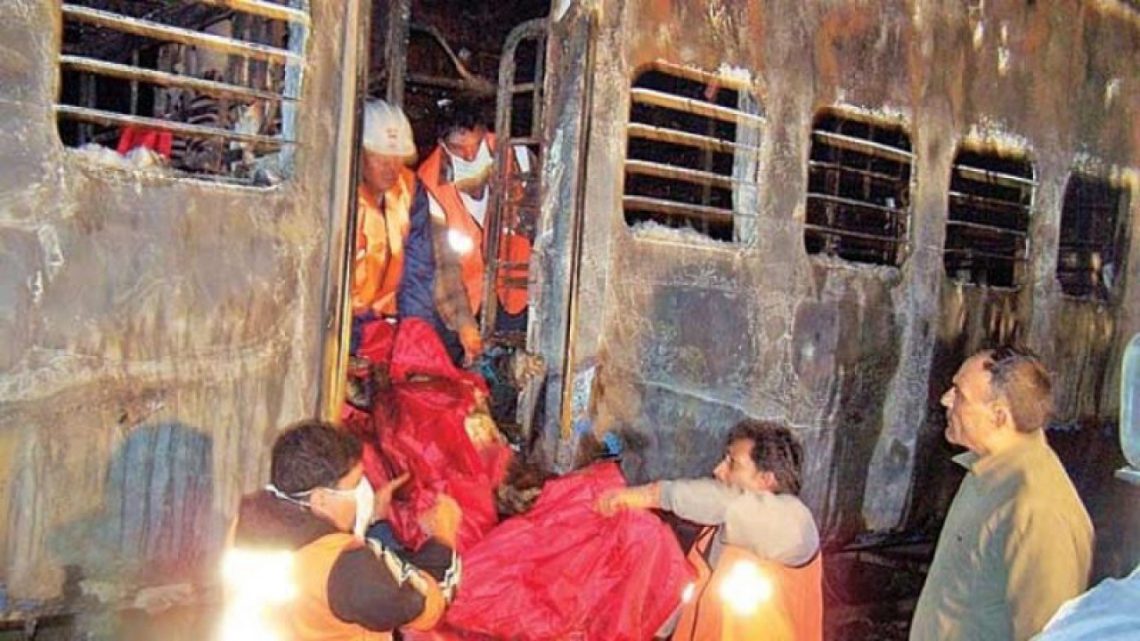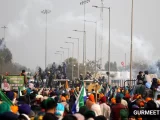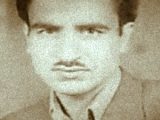
The Samjhauta Express Incident Exposes Hindutva Terrorism
February 15, 2024As many as 68 people, including 43 Pakistani citizens, 10 Indian citizens, and 15 unidentified individuals, lost their lives in a blast on the Samjhauta Express on February 18, 2007. An additional 12 people, comprising 10 Pakistanis and two Indians, were injured in the terrorist attack. Initially, Hindu hardliners were quick to attribute blame to Muslim groups, but subsequent investigations led the National Intelligence Agency (NIA) to arrest Kamal Chauhan, a worker affiliated with the Hindu extremist organization Rashtriya Swayamsewak Sangh (RSS) in New Delhi.
Reports unveiled Chauhan as an explosives specialist responsible for planting the bomb on the train. The investigation further exposed his involvement, along with other Hindu activists, in various terrorist activities, including explosions at the Ajmer Dargah, Hyderabad’s Makkah Masjid, and Malegaon.
Inspector General Hemant Karkare of Maharashtra Police spearheaded the investigations, identifying Hindutva organizations as perpetrators of terrorism in India. Political commentators coined the term “Hindutva terror” or “saffron terror.” Opposition parties, including the current ruling Bharatiya Janata Party (BJP) and Shiv Sena, alleged that arrests were politically motivated to placate the Indian Muslim population.
The Anti-Terrorist Squad (ATS) chief, Hemant Karkare, who was investigating the 2006 Malegaon blast involving Hindu hardliners, became a target. His assassination during the 2008 Mumbai attacks aimed to install a new ATS chief to shield the hardliners from prosecution.
Contrary to initial denial, Karkare’s widow later filed a case in the Indian Supreme Court against RAW and Col Prohit, citing evidence of their involvement in the Mumbai attack. Inspector General of Police SM Mushrrif asserted that Karkare and officials were not killed by terrorists but by Hindutva party target killers exploiting the 26/11 attacks.
Swami Aseemanand, a leader of RSS, and fellow activists were found guilty before a judicial magistrate for their roles in various blasts, including the Samjhauta Express tragedy. Col Prohit, in his confession, admitted to training Hindu terrorists to provoke armed conflict between Pakistan and India.
These revelations shed light on a secret Hindu terror network, exposing the infiltration of Hindutva elements into the Indian army and intelligence agencies. The evidence challenges the narrative surrounding past attacks, attributed to Muslims. The complex network of Hindutva terrorism raises questions about the dynamics within Indian society, emphasizing the need for a thorough investigation to ensure justice for the victims, especially minorities in India and to ensure peace in the region.

